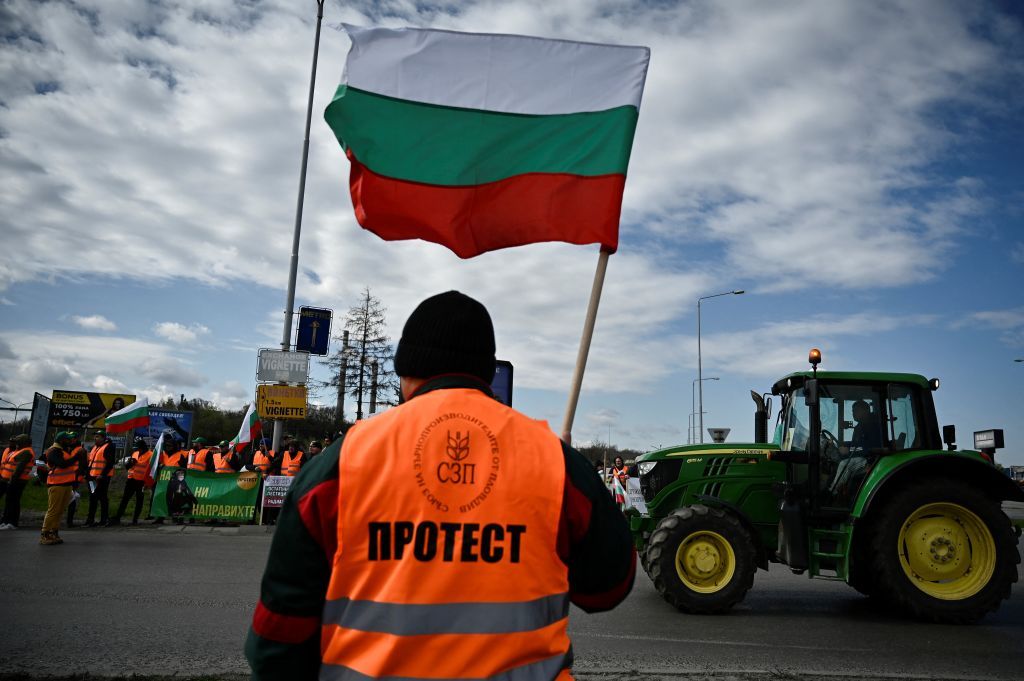Media: European Commission to ease restrictions on agricultural imports from Ukraine

The European Commission is set to extend the ban on agricultural imports from Ukraine, but the restrictions will apply to a smaller number of products, European Pravda reported on June 5 with reference to its sources.
The ban is now meant to exclude durum wheat, hybrid corn varieties, spelt, and seed.
According to European Pravda’s source, the regulation should be officially published on the evening of June 5.
On May 2, the European Commission put in place a month-long ban on wheat, maize, rapeseed, and sunflower seeds to "alleviate logistical bottlenecks" related to these goods in Bulgaria, Hungary, Poland, Romania, and Slovakia.
In exchange, Bulgaria, Hungary, Poland, and Slovakia pledged to cancel their unilateral limits on these and other products from Ukraine. They are still obligated to transport these products elsewhere.
Ukraine's overload of food exports to the European Union has become a thorn in Kyiv's relationship with its close neighbors against the backdrop of a long-running political conflict between these countries and the European Commission.











